Introduction
Can air purifiers remove cold viruses? If you've been feeling under the weather, it may just be because of the bad air quality in your home. In fact, colds are never caused by cold weather. Instead, the culprit is usually something from your home: mold spores, dust mites and pet dander (a component of animal hair). So if you've been feeling run-down lately and have noticed that there's a new addition to your family—like a new puppy—it could be contributing to these symptoms as well. Luckily there are ways to combat poor air quality in your home—and that includes getting an air purifier with HEPA or carbon filters!
Why do more people catch a cold when it's cold
Cold weather is not the cause of colds, but it can make you more likely to catch one. There are a few reasons why this happens:
Viruses thrive in warm environments and can live longer when it’s cold. They also spread more easily in warm places than they do in cool ones. A drop in temperature can help prevent viruses from spreading through your body as quickly, which means they have less time to incubate while they’re waiting to enter another person's body or make their way back into yours once you've already got them.
Your immune system works better when you're warm, so if it's too cold outside (or if there are drafts or other sources of low air circulation), then that makes your defenses weaker against respiratory infections like colds and flu viruses—and even against pollen or pet dander (which isn't technically an airborne virus but still causes many people allergic reactions).
It's more likely that an old cold is being exacerbated by the weather.
The cold weather won't give you a cold. It's not the wind, or the snow, or even an increased chance of catching one from another person. Cold weather is just making things worse for those who already have a cold—and it's been doing so for centuries.
Colds are caused by viruses (not bacteria), which means that they don't need to be "caught." The vast majority of colds come from within your home—from someone else's hands and mouth (or nose). And while they may feel like they've been going on forever when you're living with them, the truth is that most people recover within two weeks after being infected by a virus.
People don't get sick because of cold weather; instead it makes existing infections worse by lowering your resistance to illnesses in general as well as increasing your risk for developing complications such as sinusitis and bronchitis.
One culprit could be spores from mold.
Mold spores are microscopic and can be carried by air currents. If you have mold in your home, it’s possible that it was brought in on an article of clothing or a piece of furniture. Mold is also a common cause of allergies.
Most of the time colds are caused by poor air quality in your home.
Most people, if they were asked to guess what causes colds, would likely answer with an answer like "bacteria or viruses." This is not true. In fact, most of the time colds are caused by poor air quality in your home. The reason that we don't think of this as being one of the primary causes is because we're used to thinking about our homes as being a safe space away from germs and other bad stuff; however, research shows that indoor air pollution can actually be worse than outdoor air pollution! This is because inside your home there are many more sources of contaminants like mold and dust mites than there are outside. Having poor indoor air quality can cause asthma attacks, make allergies worse and leave you more susceptible to catching viruses and bacteria (like flu).
Take action today by getting an air purifier that can keep your air clean without emitting harmful VOC chemicals.
Get an air purifier that can remove odors, dust, pollen and dust mites from your home.
Make sure it has a HEPA filter and carbon filter to trap even microscopic pollutants like mold spores, fungus and mildew spores found in homes with poor ventilation (e.g., bathrooms) or high humidity levels (e.g., basements).
Keep the air purifier in your home for at least 24 hours to clean the air before testing its effectiveness by taking a few deep breaths while sitting in front of it or standing near it without being too close or too far away from the device itself so that you can tell whether there's a difference between breathing normally versus breathing while sitting right next to this piece of equipment--if after trying this experiment out several times over again then I'm confident saying: Yes! There is definitely a difference between how well my nose feels after inhaling fresh air versus not having done so at all!
Colds and flus are caused by viruses, which are spread by droplets from other people.
Colds and flus are caused by viruses, which are spread by droplets from other people. These droplets can be released through coughing, sneezing, or touching contaminated surfaces. Viruses are never spread through the air; they need to come into contact with your nose or mouth for you to get sick.
It can take up to two hours for germs to travel three feet through the air.
You know how you feel sick, but you don't know why? Well, it's actually possible to get sick without coming into contact with someone who is already sick. This can happen because airborne viruses travel through the air and are so small that they can't be seen. These viruses can spread from person to person and make you sick even if you don't touch them!
You might be wondering how this works since viruses are so small—they're smaller than a grain of sand and smaller than a speck of dust. When people are talking about germs in the air or on surfaces they usually mean bacteria (like Staphylococcus aureus), not viruses (like influenza). But there are plenty of ways for tiny particles containing viruses to get into your body if you breathe them in:
If someone sneezes near you, their virus particles will settle onto whatever surface they're standing on like a chair or table—and then float into the air as soon as they leave (the same thing happens when someone coughs too). As soon as those molecules enter your nose or mouth, they start attaching themselves onto cells lining those passages; from there it's only hours before symptoms start showing up depending on which virus did the infecting.* The longer someone has been infected and shedding viruses before touching something like doorknobs at home makes it more likely for those germs to still be active when transferred over time.* Germs also linger outside after being deposited by coughing/sneezing people who haven't washed their hands properly--especially during winter months when cold weather prevents water droplets evaporating quickly enough after landing on surfaces like car windshields or doorknobs which means any germs left behind will stay active longer!
The best way to combat poor air quality is through HEPA filters and carbon filters in your air purifiers.
The best way to combat poor air quality is through air purifier during winter.
HEPA stands for high-efficiency particulate arrestance, and it refers to a type of filter that is made from a special material that traps tiny particles. HEPA filters are often used by hospitals and other medical facilities because they can remove 99.97% or more of particles that are 0.3 microns (about 1/70th the width of a human hair) or larger from the air, including dust mites, mold spores and pet dander (the dead skin flakes that cause allergies).
Carbon filters also trap airborne particles but don't get rid of them like HEPA does; instead they absorb them so they don't cause allergies or asthma attacks when you breathe them in again later on downwind from where you were standing when you inhaled them originally."
Conclusion
So, there you have it. There are many reasons why colds seem to be worse in the winter. The best way to combat poor air quality is through HEPA filters and carbon filters in your air purifiers.

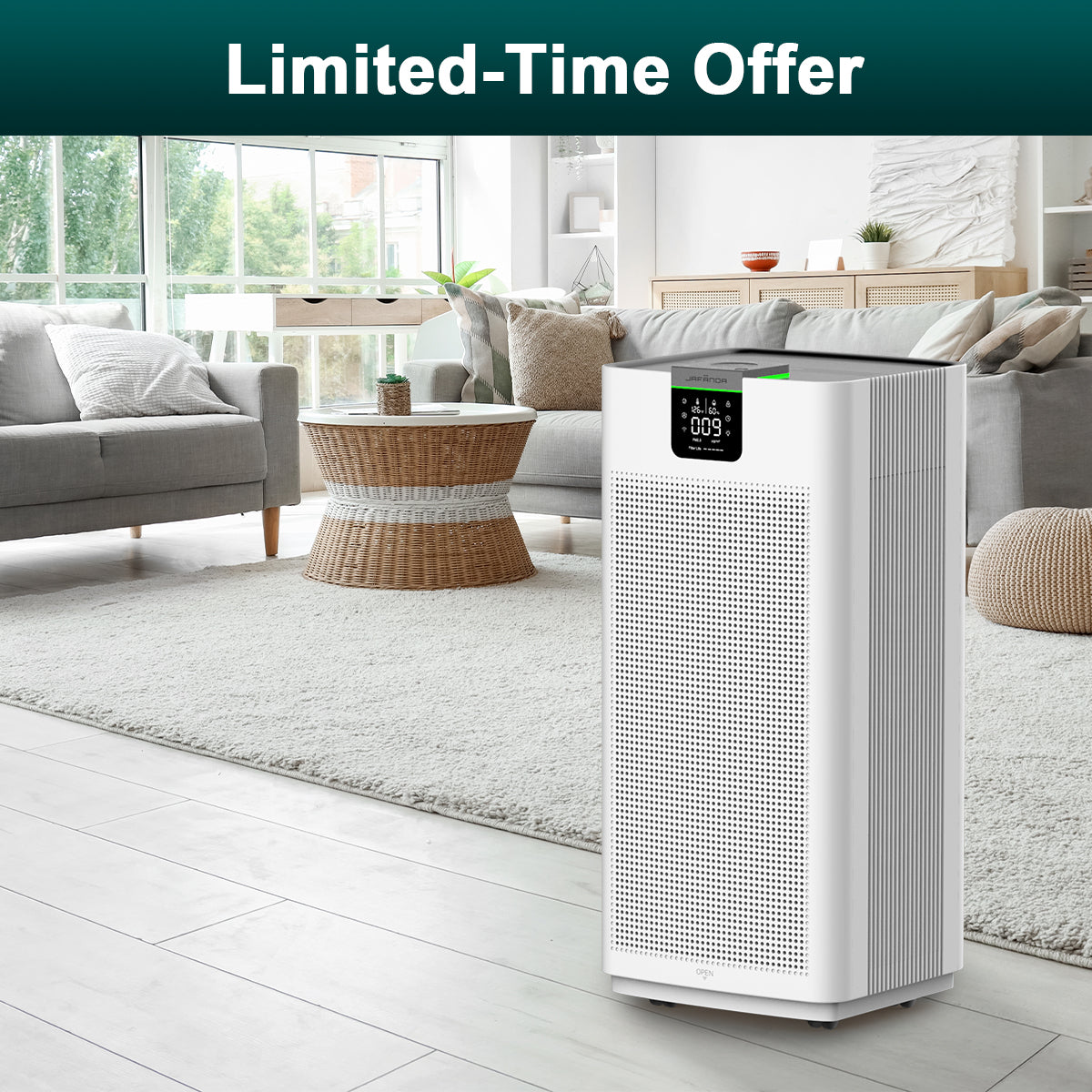
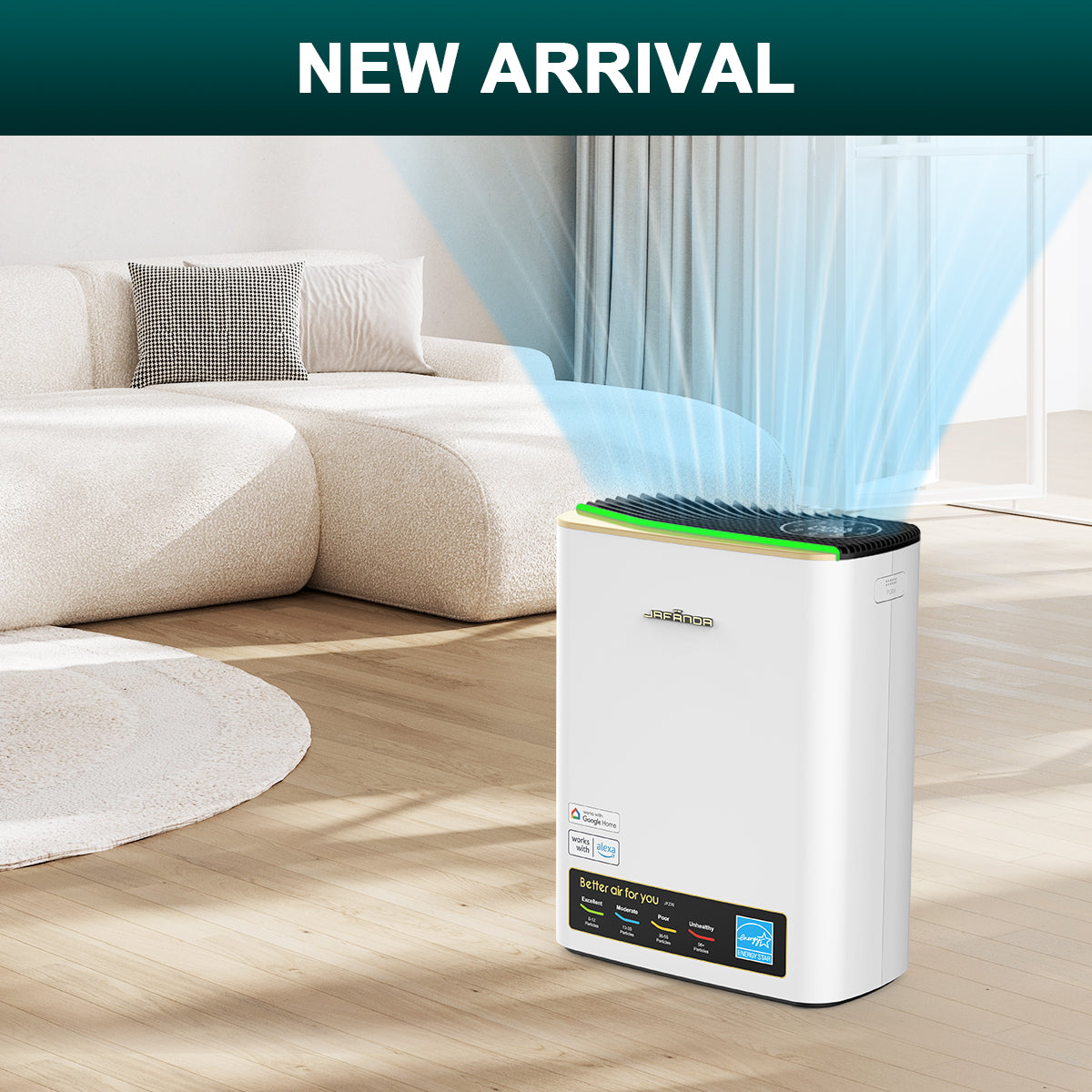

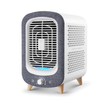
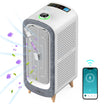
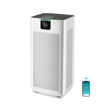
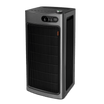
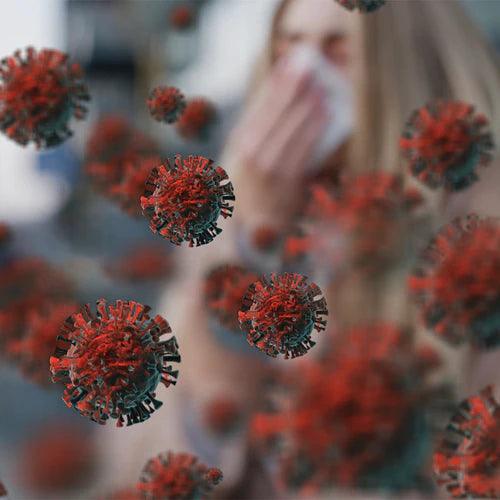
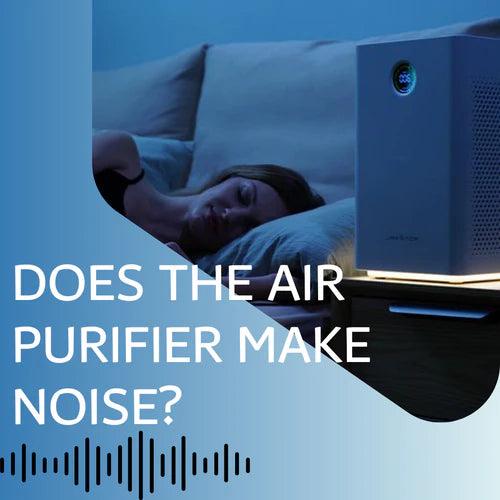
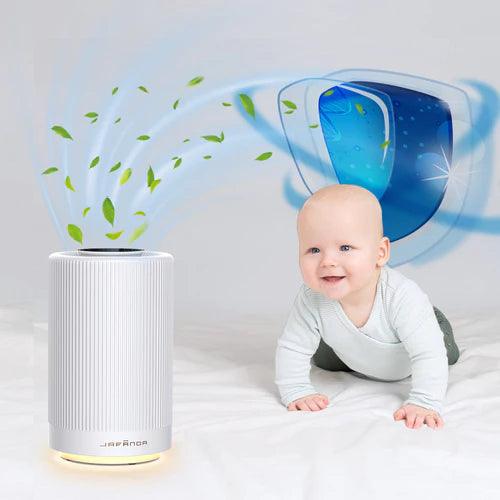
Leave a comment
All comments are moderated before being published.
This site is protected by hCaptcha and the hCaptcha Privacy Policy and Terms of Service apply.